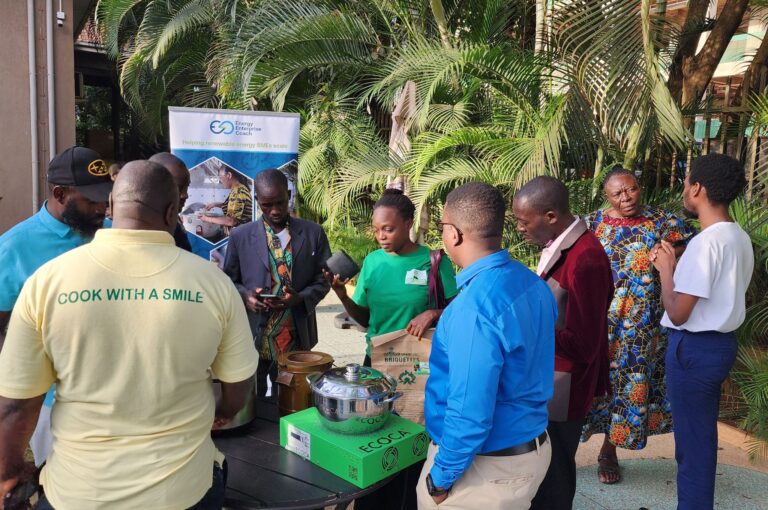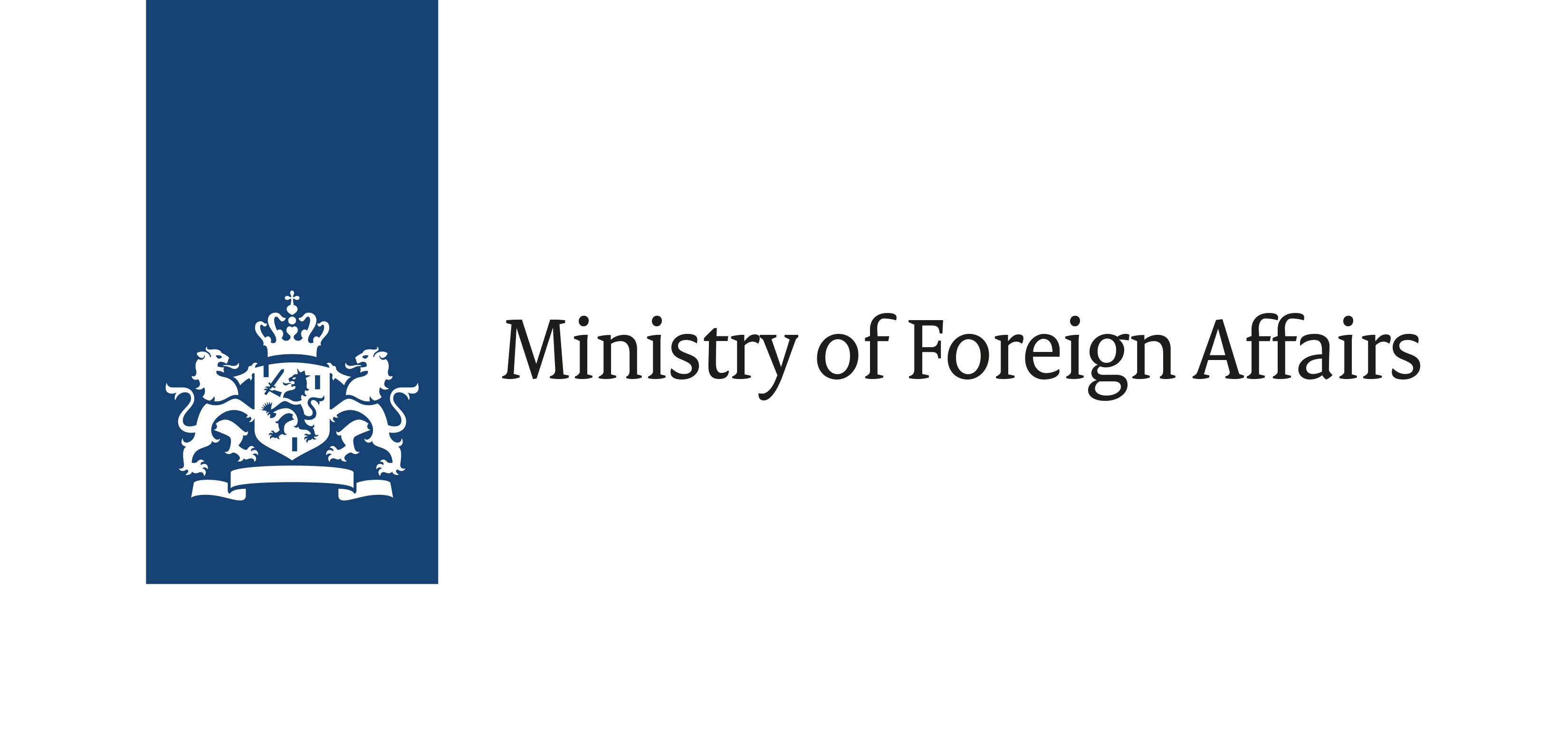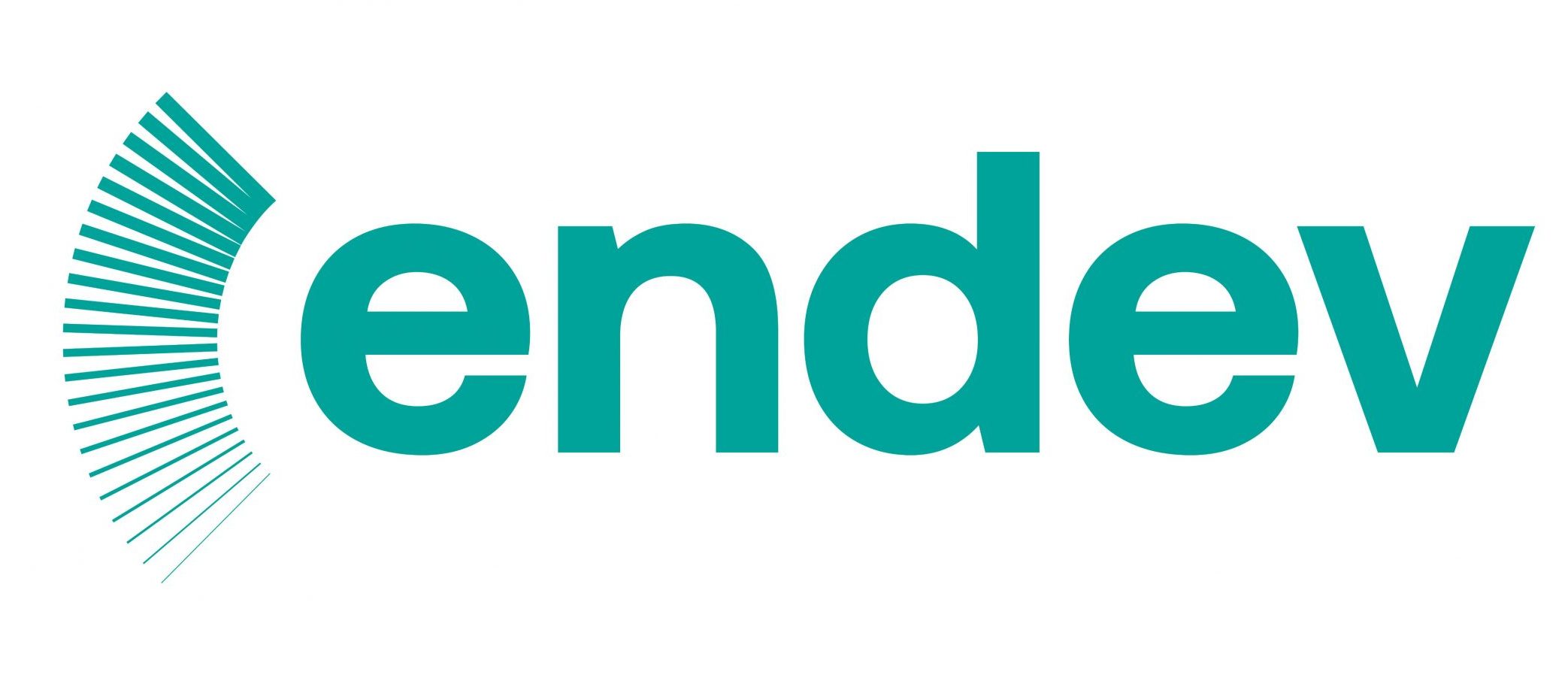
In recent years, Uganda has witnessed a notable shift toward clean energy cooking, a development that has attracted growing interest and investment from businesses and stakeholders. A key driver of this transition is the increasing availability of solar energy technologies. While Uganda still faces low electrification rates, the country’s abundant solar resources have created an opportunity to scale up electric and solar-powered clean cooking solutions, particularly in off-grid and peri-urban areas.
The rising cost of charcoal as a result of a ban on charcoal transportation by Uganda’s president, Yoweri Museveni has also played a significant role. As charcoal becomes increasingly unaffordable, households and businesses are seeking alternatives, driving demand for clean cooking technologies. Despite these gains, clean energy access for cooking remains limited, with only 15% of the population having access.
EEC’s contribution
The Energy Enterprise Coach (EEC), among other areas, is dedicated to supporting the growth of small and medium-sized enterprises (SMEs) in Uganda’s clean cooking sector through a strategic partnership with EnDev Uganda.
Under its clean cooking component, EnDev plays a vital role in strengthening the sector by offering targeted market support and performance-based incentives to private-sector cookstove companies. This support helps businesses boost sales, expand their distribution networks, and reach more households with clean cooking solutions. EnDev also contributes to creating a more enabling environment through policy and advocacy expertise that promotes the widespread adoption of clean cooking technologies.
In collaboration with EnDev, the EEC delivers a range of tailored interventions to build SME capacity. These include personalized mentoring, e-learning courses, and group training sessions designed to equip entrepreneurs with the skills and knowledge needed to become investment-ready and scale their businesses.
Recognizing that business development alone is not enough, the EEC hosted a matchmaking event in Uganda in November 2024, aimed at connecting SMEs with potential investors. Rather than following a conventional pitch format, the event focused on fostering open dialogue and mutual understanding. SMEs had the opportunity to learn what investors seek, while investors gained insights into the challenges and opportunities facing clean cooking enterprises. This innovative approach led to more meaningful conversations and laid the groundwork for impactful and lasting partnerships.
A broader scope with collaborators
While clean cooking remains a key focus, EEC’s scope in Uganda also extends to off-grid solar solutions, biodigesters, and bioslurry initiatives. These efforts are carried out in collaboration with program partners: EnDev for off-grid solar, Africa Biogas Component (ABC) for biogas and bioslurry, and the Higher Tier Clean Cooking Component (HTCC) for advanced clean cooking technologies.
ABC focuses on biodigesters and bioslurry solutions, enabling households and businesses to generate renewable energy while managing waste effectively. HTCC works to address challenges in scaling high-tech clean cooking solutions in Uganda, tackling issues such as limited market development, supply chain inefficiencies, and high costs. These efforts aim to make advanced cooking technologies more accessible to households and SMEs.
Through its solar energy component, EnDev supports solar companies in disseminating solar home systems (SHS) and picoPV solutions for households, social institutions, and SMEs. These activities align with EEC’s broader mission of fostering sustainable energy access by empowering SMEs to scale and meet market demand.
Through these partnerships, EEC provides tailored support to SMEs, helping them navigate challenges, scale their operations, and leverage the growing demand for clean cooking solutions. These initiatives collectively aim to bridge Uganda’s energy access gaps while contributing to global sustainability targets.











